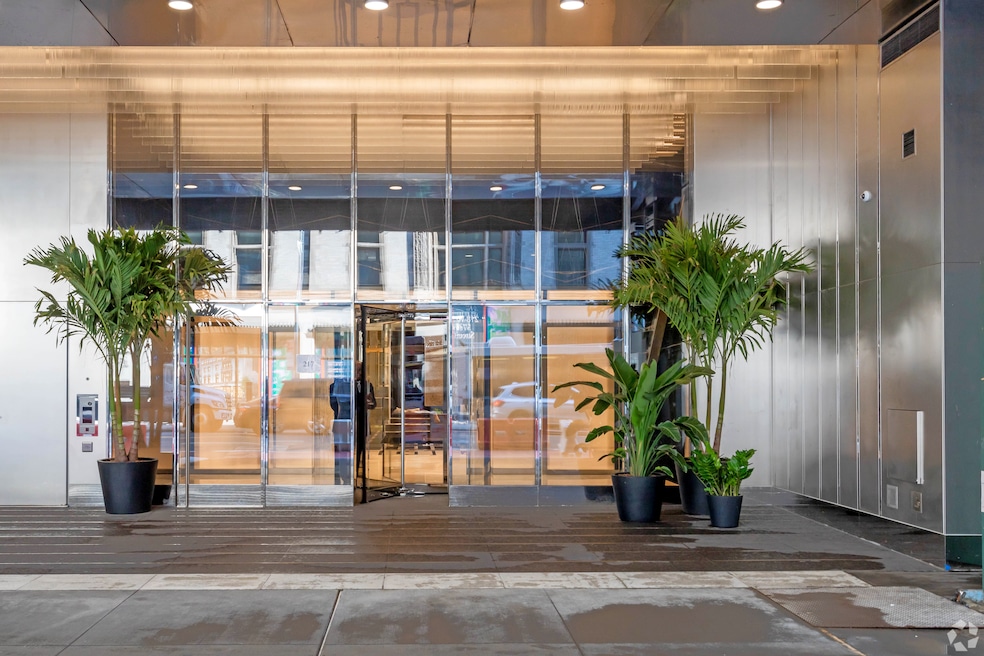In New York City, buying a multimillion-dollar townhouse or condominium has become as commonplace as eating a chopped cheese sandwich from a corner bodega.
Manhattan, in particular, has seen about 30 buyers per week purchasing either a townhouse, condo or co-op unit in the $4 million range and up since the beginning of 2025, according to first-quarter data real estate firm Coldwell Banker Warburg released Wednesday. Wealthy New Yorkers are buying up townhouses and condos at a time when the number of available units has dwindled compared to last year, a separate report from Corcoran Group said.
"For the New York real estate market, the first quarter came in like a lion and mostly just kept on roaring," Frederick Peters, president emeritus at Coldwell Banker Warburg, said in the report.
Coldwell Banker Warburg focuses on Manhattan's luxury home market, which the real estate industry defines as homes priced above $1 million or in the top 5% of prices in a given housing market. Luxury homes are also defined as properties with premium amenities, such as an in-ground pool or a home theater, or homes that sit in exclusive sections of a city. The luxury market runs opposite to an area's starter, or regular, housing market, where homes and prices cater to lower-income and middle-class Americans.
To be sure, most major cities have a luxury home market, but New York's is unique in that buyers are known to get their property from an all-cash offer.
The first quarter in Manhattan featured a handful of townhouse and condo purchases that were north of $50 million, according to Coldwell Banker Warburg.
Last month, someone signed on to purchase a penthouse unit at 111 W 57th St. for $56 million, according to data from UrbanDigs, a New York-based real estate analytics firm that tracks listings for Manhattan and Brooklyn. In February, another buyer agreed to buy the townhouse at 973 Fifth Ave. for nearly $50 million. Other high-priced home deals in the first quarter included $52.9 million for a condo unit at 217 W 57th St., $28 million for a townhouse at 127 E 73rd St., and $29.9 million for a co-op unit at 730 Park Ave.

Peters said buyers prefer newly built townhouses and condos, while "homes needing work continue to linger on the market, often requiring substantial price reductions before they trade." New Yorkers are snatching up units, partially because there's a diversity of layouts and floor designs across every neighborhood, Peters added.
"The tiny new condominiums that sell well on the Lower East Side would have no place on the Upper West Side," he said. "Similarly, the spacious three bedrooms, which trade so well in Tribeca and north of 59th Street, would be much more challenging to sell in the East Village."
In its report, Corcoran also noted how robust Manhattan's luxury market began this year. Buyers signed 2,934 contracts, up 3% from the first quarter of 2024, the firm said. Homes sold for a median of $1.17 million, up 12% from the first quarter of 2024. Those numbers mean Manhattan "is off to an exceptional start in 2025," Pamela Liebman, Corcoran CEO, said in a statement.
"Prices are on the rise, driven by strong demand and a shrinking inventory, particularly in the luxury sector," Liebman said. "Additionally, resale condo prices hit record highs, and despite fewer new listings, deal activity remains robust. It's clear that Manhattan's market is not just holding steady — it's thriving."
